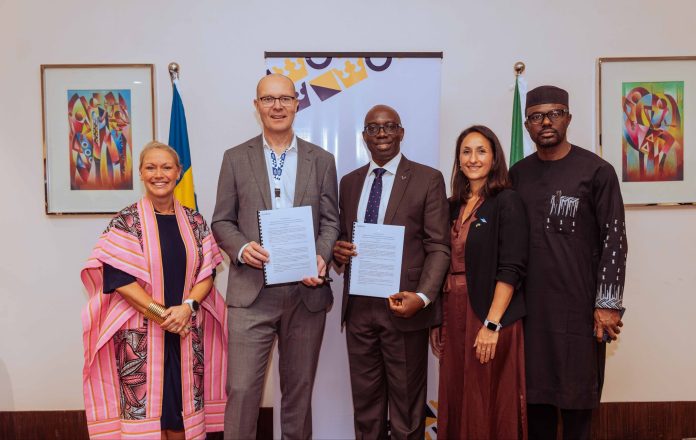In a move signalling Nigeria’s growing focus on the security of its next-generation networks, the Nigerian Communications Commission (NCC) has signed a grant agreement with Sweden’s development finance institution, Swedfund, to shore up the resilience and trustworthiness of the country’s emerging 5G infrastructure.
Under the terms of the deal, the NCC and Swedfund will collaborate to develop a risk-based security framework designed to ensure that 5G and future mobile network systems within Nigeria are “designed, deployed and operated securely.”
Why this matters: As Nigeria rolls out 5G services—which promise blazing speeds, ultra-low latency and the ability to support millions of connected devices—the architecture behind them becomes considerably more complex and therefore more vulnerable. In the NCC’s words, “security and trust remain central to Nigeria’s digital future.”
Beyond consumer internet access, 5G is expected to power key sectors such as power, healthcare, transportation and education. The NCC emphasises that a secure network is not just a technical matter, but a matter of public confidence and national interest.
This partnership brings in international best-practice frameworks and institutional support via Swedfund, enabling Nigeria to anticipate risks rather than simply respond to them. In an ecosystem where multiple vendors, cross-border supply chains and new architectures are common, the timing is crucial.
The success of this initiative will likely hinge on more than technology alone—it will require robust regulatory coordination, vendor oversight, continuous monitoring and a culture of cyber-resilience. If executed well, the framework could become a foundational bedrock for Nigeria’s digital economy, helping to ensure that as connectivity accelerates, trust doesn’t lag behind.
In short: Nigeria is stepping up not just to launch 5G, but to launch it securely.




